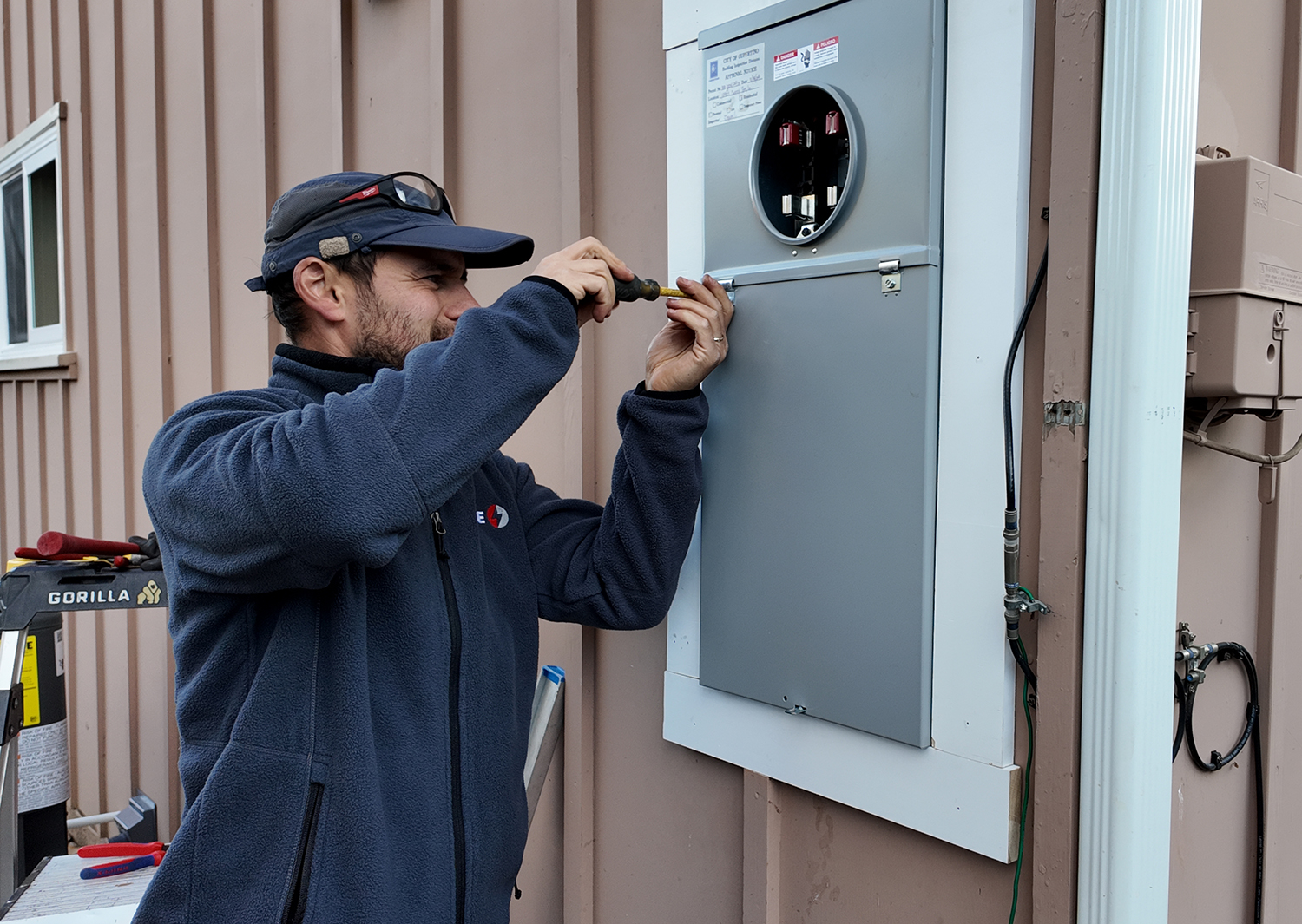What Are Electrical Breakers?
Electrical breakers, also known as circuit breakers, are designed to cut off power when electrical faults like short circuits or overloads occur. This interruption prevents overheating, equipment damage, and potential fire hazards. By understanding different breaker types, you can ensure that your home's electrical system remains safe and efficient.
The Importance of Circuit Breakers
Circuit breakers serve as the first line of defense against electrical hazards. They protect your appliances, wiring, and overall electrical infrastructure. The right breaker ensures that your home’s electrical system can handle the required load while preventing dangerous malfunctions.
Types of Electrical Breakers
1. Standard Circuit Breakers
These are the most common breakers found in homes. Their primary function is to safeguard your electrical system from overloads and short circuits.
- Single-pole breakers: Provide 120V and protect a single circuit.
- Double-pole breakers: Deliver 240V and cover two circuits, typically used for large appliances like dryers and water heaters.
2. Miniature Circuit Breakers (MCBs)
MCBs are a more compact and modern version of standard breakers. They offer better precision and longevity, making them ideal for residential and commercial applications.
Key Benefits:
✔️ Compact design
✔️ High-speed tripping for faster protection
✔️ Longer lifespan compared to standard breakers
3. Arc Fault Circuit Interrupters (AFCIs)
AFCIs are advanced circuit breakers that detect and stop arc faults—unintended electrical discharges that can lead to fires. They are essential for modern homes, particularly in bedrooms and living areas.
Why Choose AFCIs?
✔️ Enhanced fire prevention
✔️ Compliance with updated electrical codes
✔️ Ideal for older homes with outdated wiring
4. Ground Fault Circuit Interrupters (GFCIs)
GFCIs are designed to prevent electrical shocks, especially in areas with moisture. They instantly cut off power when they detect a ground fault, making them essential for bathrooms, kitchens, and outdoor outlets.
Common Applications:
✔️ Bathrooms
✔️ Kitchen countertops
✔️ Outdoor power outlets
5. Combination AFCI Circuit Breakers (CAFCIs)
CAFCIs combine the protective features of AFCIs and GFCIs, shielding against both arc faults and ground faults. They provide dual protection, making them a preferred choice for new home constructions.
6. Vacuum Circuit Breakers (VCBs)
Unlike residential breakers, vacuum circuit breakers are built for industrial use. They operate by interrupting electrical flow in a vacuum, ensuring reliable performance for high-voltage applications.
Advantages of VCBs:
✔️ High durability
✔️ Minimal maintenance
✔️ Designed for heavy-duty electrical systems
How to Choose the Right Circuit Breaker
Selecting the best breaker depends on factors such as power load, location, and safety needs. Here’s how to make the right choice:
✅ Assess your home’s power requirements. Choose breakers that match the load capacity of your appliances.
✅ Consider the environment. Install GFCIs in damp areas and AFCIs in living spaces to maximize safety.
✅ Consult an expert. A licensed electrician can guide you in selecting and installing the appropriate breaker.
Frequently Asked Questions
🔹 Can I install a circuit breaker myself?
It’s recommended to hire a licensed electrician to ensure proper installation and compliance with electrical codes. Contact us to schedule an appointment with a qualified professional.
🔹 Are CAFCIs better than standard AFCIs?
Yes! CAFCIs provide dual protection by preventing both arc faults and ground faults, making them more versatile for residential use.
🔹 When should I replace my circuit breaker?
If your breaker frequently trips, shows visible damage, or emits a burning smell, it’s time for a replacement.
🔹 Are vacuum circuit breakers used in homes?
No, VCBs are designed for industrial and high-voltage applications rather than residential settings.
🔹 What happens if I use the wrong breaker type?
Using an incorrect breaker can lead to electrical hazards, including fires and equipment damage. Always choose the right breaker for your application.
Conclusion
Understanding the different types of electrical breakers is key to maintaining a safe and efficient electrical system. Whether you need a standard breaker, an AFCI, or a GFCI, selecting the right one ensures your home is well-protected. If you’re unsure, don’t take risks—contact a professional for expert advice and installation.
📞 Need assistance? Call us at for expert guidance!
